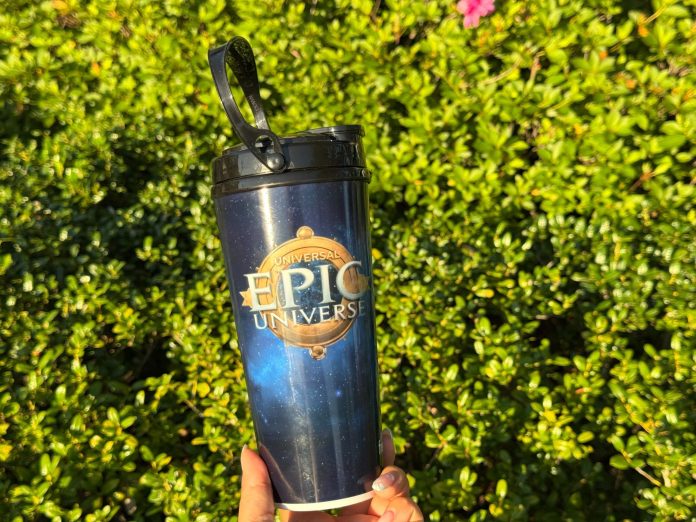Yellow-Capped Coca-Cola Bottles Surge in Massachusetts Amid Passover Demand
Retailers across Massachusetts are seeing a sharp uptick in sales of Coca-Cola bottles capped with yellow lids, a seasonal variant produced specifically for Passover observance. The yellow cap signifies that the soda inside is kosher for Passover, sparking high demand from Jewish consumers preparing for the holiday.
Unlike the traditional red-capped versions, the yellow-capped Coca-Cola is formulated with sucrose (natural cane sugar) instead of high-fructose corn syrup, complying with dietary restrictions observed during Passover. This limited-time product has not only become a staple among those celebrating, but has also developed a cult following among non-observant consumers who prefer the taste of the original recipe.
Retailers report that shelves are being cleared quickly, with many stores replenishing stock multiple times a week to keep up with demand. “Customers actively look for the yellow caps, even if they’re not celebrating Passover,” said one Boston-based grocery manager. “It has a nostalgic taste and they know it disappears fast.”
For Coca-Cola, the annual production of yellow-capped bottles continues to reinforce both cultural relevance and consumer loyalty. Introduced in the 1930s, the kosher-for-Passover version is now a niche tradition that delivers incremental seasonal sales—a key example of how heritage brands can drive value through targeted cultural engagement.
Though distribution remains focused in regions with sizable Jewish populations—such as the Northeast and parts of the Midwest—visibility of the product has grown as retailers promote it more prominently in the weeks leading up to Passover. The scarcity and seasonal appeal have even prompted some resale activity online, further amplifying consumer interest.
For FMCG professionals, this trend highlights the impact of culturally timed product variants on retail performance. Limited-edition items that tap into consumer identity and tradition—when executed authentically—can deliver not only sales spikes but also long-term brand equity.

